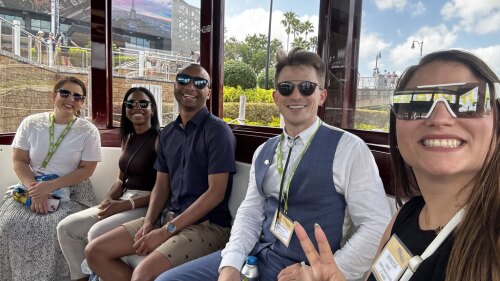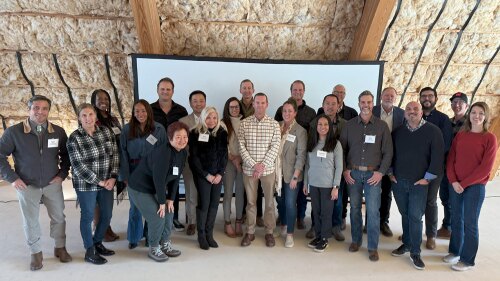Cities in central and eastern Europe (CEE) are at various stages of embracing new technologies and developing innovation-based economies, according to a panel at the CEE Summit, an event in June hosted jointly by ULI Poland, Poland Today, and PropertyEU in Warsaw. Panelists Eugen Antalovsky, director of the Europa Forum; Martin Barry, founder and chairman of reSITE; Hans Jörg Brun, managing director of Cornerstone Real Estate; and Sergiusz Gniadecki, chief executive officer of Allcon Investment discussed key success factors for urban development, technology, and innovation in Vienna, Prague, and Polish cities.
Vienna Vienna is widely known as a city of tourism, culture, music, and high standards of living. According to Antalovsky, however, the city’s rich culture of technology and innovation is often overlooked. Vienna is one of the biggest university cities in German-speaking Europe; more than 10 percent of the city’s population is students, one-third of whom come from abroad. In addition, Vienna boasts 1,500 research institutions and companies—a number that has quadrupled since the year 2000—with more than 40,000 researchers.
Antalovsky also noted Vienna’s innovative approach to social housing and inclusion, a key concern with the current influx of refugees in the region. While Antalovsky conceded that problems with the housing sector remain, he said that Vienna is one of the few cities in Europe that is successfully integrating asylum seekers. This is in part due to the city’s strong system of social services over the last 70 years and its broad cooperation with civil society organisations. Vienna itself owns a housing stock of 200,000 apartments and partners with nonprofit construction associations for building further affordable housing as needed.
Prague Both Martin Barry and Jörg Brun addressed political instability in Prague. Since 2012, the city has gone through three mayors and several city councils. While the economy is doing well, a lack of collaboration across sectors and limited flexibility on the part of the city have led to static urban development. As a result, Prague is behind its Western counterparts in terms of innovation.
According to Barry, Prague has a large number of public-space activists who want to participate in shaping the city. Barry’s organization, , hosts events and workshops that provide a platform for these citizens to connect with politicians, investors, developers, and designers and give their input on urban development issues. Barry emphasized that the key to innovation is creating “smart citizens” as opposed to “smart cities.” “What we’re trying to do is teach people how to ask the right questions: what works in other cities and how to adapt those global models that are working elsewhere to the local context of Prague,” he said.
Polish Cities While Warsaw and Krakow are very attractive to investors, developers, and technology companies, Gniadecki explained how several other Polish cities are establishing themselves as innovation hubs. The tri-city area, which comprises the cities of Gdańsk, Gdynia, and Sopot, is home to major companies such as Intel, Amazon, and the IT department of Thomson Reuters. The area boasts 25,000 jobs in the information technology and research and development sectors, as well as a in Gdynia.
The panel also discussed Poland’s recent election of a right-wing government and its potential consequences for urban development. Panelists agreed that developers and investors will continue to be interested in Poland as long as the government does not put up barriers that impede their progress. Gniadecki emphasised that the knowledge and skills of Poland’s 40 million residents is the most important aspect in bringing investors and capital to Poland.
Catherine Gregory is a manager on ULI’s Strategic Communications team.





